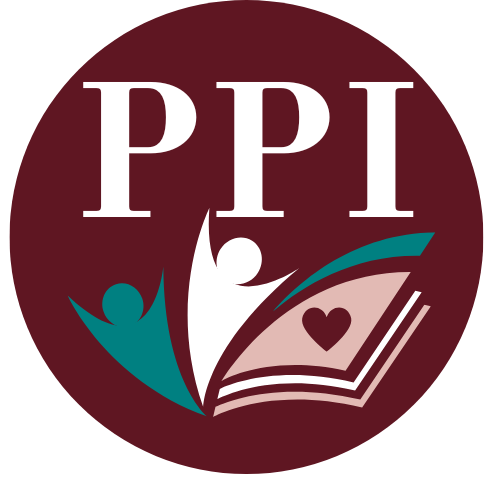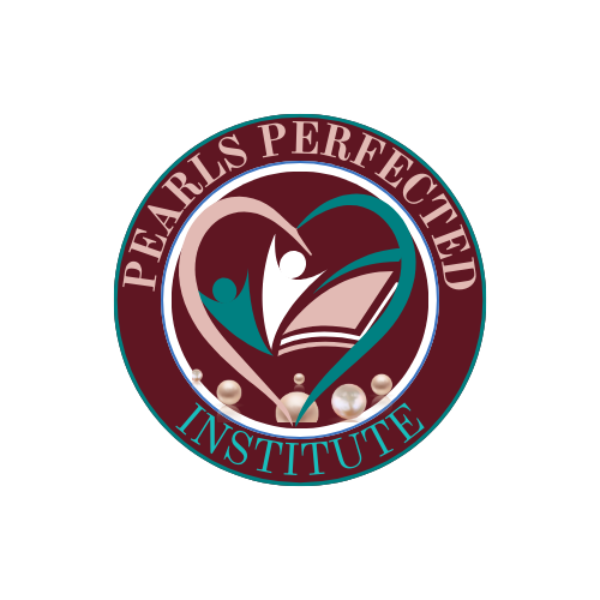In the world of professionalism,
especially as it relates to mental health and wellness, there is often an
unspoken rule: keep your personal life separate from your work. While
maintaining boundaries is essential, many professionals shy away from sharing
their personal stories, fearing it might undermine their authority or
professionalism.
However, sharing your story can be
a powerful way to elevate your career from being a skilled professional to an
acknowledged expert in your field. So what keeps mental health and wellness
professionals hesitating when it comes to sharing their personal stories of
overcoming challenges related to the services they provide?
The biggest fear often faced by
professionals is the fear of being vulnerable. We often fear vulnerability
because it challenges the conventional perception of competence, strength, and
control that is typically associated with professional success. In many fields,
being seen as vulnerable can be misinterpreted as a sign of weakness or
inadequacy, which can lead to concerns about damaging one’s reputation,
credibility, or authority.
This fear is exacerbated by the
pressure to maintain a flawless image, where admitting to struggles or
uncertainties might be perceived as a failure to meet the high expectations
placed upon them. Additionally, professionals may worry about the potential
consequences of vulnerability, such as being judged, criticized, or even facing
discrimination. In competitive environments, where every action is scrutinized,
the risk of exposing one’s true emotions or challenges can feel too great,
leading many to mask their vulnerabilities rather than embrace them as a part
of their human experience.
Brené Brown, a renowned researcher
on vulnerability, emphasizes that professionals should embrace vulnerability
and share their stories because it fosters authentic connections, builds trust,
and strengthens leadership. According to Brown, vulnerability is not a weakness
but a measure of courage. When professionals open up about their experiences,
challenges, and even failures, they create a space where others feel safe to do
the same, leading to more meaningful and empathetic relationships. Brown argues
that vulnerability in the workplace enhances creativity, innovation, and
collaboration because it allows people to bring their whole selves to their
work. By sharing their stories, professionals not only humanize themselves but
also inspire others to grow and learn from their experiences, ultimately
fostering a more resilient and connected professional environment.
Here are additional reasons you
may fear sharing your story.
Fear of Professional Judgment - Mental
health and wellness professionals are often concerned about how sharing our
personal stories might affect our professional reputation. We worry that
clients, colleagues, or peers might view us as less capable or competent if we
reveal personal struggles or vulnerabilities. The fear of being judged or
losing credibility can prevent us from being open about our own experiences.
Concern About Client Reactions -
Mental health professionals often worry about how our clients might react
to hearing about our personal struggles. There’s a concern that clients might
feel uncomfortable, lose trust, or even question our professional ability to
provide effective care. The potential for clients to misinterpret the sharing
of personal stories as a sign of weakness or lack of professionalism can lead
to hesitation.
Fear of Stigma - Even within
the mental health and wellness field, there is still a stigma associated with
admitting to personal struggles. We may worry that sharing our experiences
could lead to stigmatization, both within our professional community and by
society at large. This fear of being labeled or judged can create a significant
barrier to openness and transparency.
However, fear not because the
opposite is often true. Embracing vulnerability and sharing your story can
profoundly impact your ability to connect with clients, build trust, and foster
lasting relationships. By sharing your story, you not only humanize yourself
but also empower your clients to trust you, learn from you, and ultimately
succeed alongside you. You might be surprised at just how much it helps you
connect with your clients and grow your business.
Experts have long understood the
profound impact of storytelling, and Steve Jobs was no exception. He recognized
that the ability to craft and share a compelling narrative is one of the most
powerful tools a leader can possess. When Jobs once asked his colleagues to
name the most powerful person in the world, they offered various names of
influential figures. But Jobs shook his head and said, "You're all wrong!
The most powerful person in the world is the storyteller." He knew that
stories have the power to shape perspectives, influence decisions, and inspire
action.
In business, storytelling is not
just about selling a product or service; it's about conveying a vision,
building a brand, and connecting with people on an emotional level. The best
stories resonate because they are authentic, relatable, and memorable. By
sharing their own journeys, struggles, and successes, experts and leaders like
Jobs have been able to inspire trust, foster loyalty, and drive change. In
essence, the storyteller wields the power to transform ideas into movements and
visions into reality. This is why, as a professional or entrepreneur,
harnessing the power of your own story is essential—it’s not just about telling
people what you do, but about showing them why it matters.
Here are some additional reasons
why you should embrace vulnerability and share your story.
1. Establishes Authority and
Credibility
When you share your story, you
position yourself as an authority in your field. Your experiences, lessons
learned, and insights become a valuable resource for others. This not only
establishes your credibility but also sets you apart as an expert who has
walked the path and achieved success.
2. Showcases Your Unique
Perspective
Your story is unique, and no one
else can share your exact experiences. By sharing your story, you highlight
your distinct perspective and approach to your profession. This uniqueness can
make you stand out in a crowded field, attracting opportunities and recognition
that might otherwise pass you by.
3. Expands Your Reach and
Influence
Sharing your story in a book, e-book.
or in a video allows you to reach a global audience. As your work is shared,
cited, and discussed, your influence grows. You become a go-to resource for
others in your field, and your name becomes synonymous with expertise and
thought leadership.
4. Creates a Lasting Legacy
Books and videos have a timeless
quality that can preserve your knowledge and experiences for future
generations. By writing your story, you create a lasting legacy that continues
to influence and inspire others long after you’ve moved on to new ventures.
Your story becomes a permanent part of the conversation in your industry.
5. Builds Deeper Connections
with Your Audience
Sharing your story allows you to
connect with your audience on a deeper level. Individuals often feel a personal connection with those whose
stories resonate with them. This connection can lead to stronger relationships
with clients, colleagues, and followers, as they see you not just as a
professional, but as someone who truly understands their challenges and
aspirations.
6. Opens Doors to New
Opportunities
Sharing your story can open doors
to opportunities that might not have been available otherwise. From speaking
engagements to media appearances and consulting offers, your story can serve as a powerful business card that
introduces you to new and exciting possibilities. It positions you as a thought
leader and expert, making you the obvious choice for high-profile projects.
7. Provides Personal Growth and
Reflection
The process of writing your story
can also be a journey of personal growth. Reflecting on your experiences,
challenges, and successes helps you gain a deeper understanding of your
professional journey. This self-awareness not only enriches your personal life
but also enhances your ability to guide and mentor others, further solidifying
your role as an expert.
A few weeks ago I wrote a blog
about the Power
of Writing an e-book. In this blog, I
delved into the rationale behind writing an eBook to showcase your story and
the manifold advantages it brings. Writing your story is more than just an
exercise in self-expression; it's a strategic move to elevate your professional
standing and solidify your reputation as an expert in your field.
Remember, clients are not just
looking for services or products; they’re seeking trust, empathy, and
understanding. When you share your personal story—whether it’s about overcoming
a challenge, learning a valuable lesson, or navigating the ups and downs of
your career—you humanize yourself. You move from being a distant expert to
someone who understands the client’s struggles and aspirations because you’ve
lived them too.
Never fear sharing your story—it’s
one of the most powerful tools you have to build your business. Whether you’re
a seasoned entrepreneur or just starting out, your story is a unique asset that
can help you connect with your audience, differentiate your brand, and build
lasting relationships. By embracing your journey and sharing it with others,
you can boost your business, inspire those around you, and create a lasting
legacy.
So, the next time you’re hesitant
to open up, remember: your story is your strength. Use it to propel your
business forward. If you’re ready to harness the power of storytelling,
consider joining us at Pearls
Perfected Institute, where we offer tools and resources to help you craft
and share your story in the most impactful way possible. Stay tuned for more
resources.
Your story has the power to change
lives. Don’t keep it to yourself!
Blessings,
Dr. Janice R. Love



